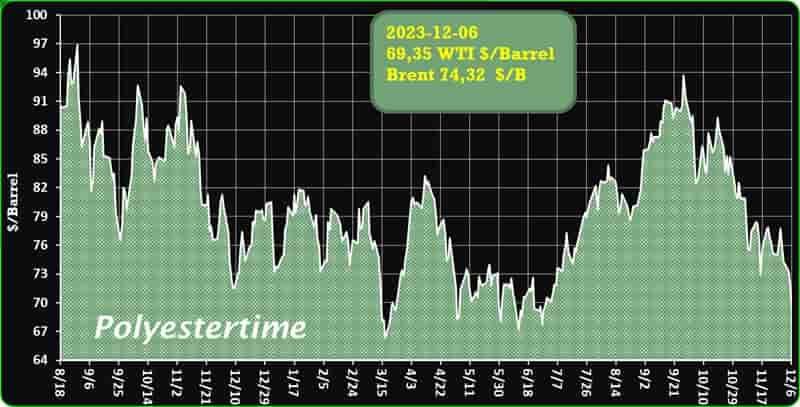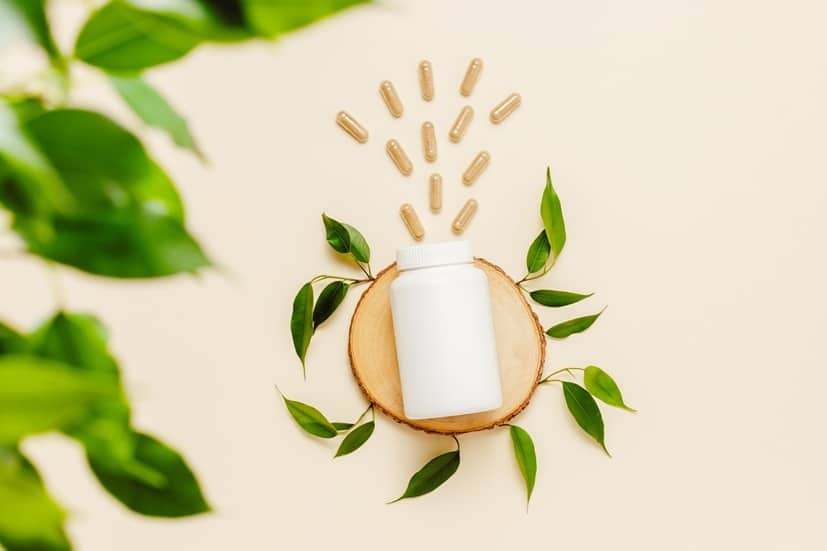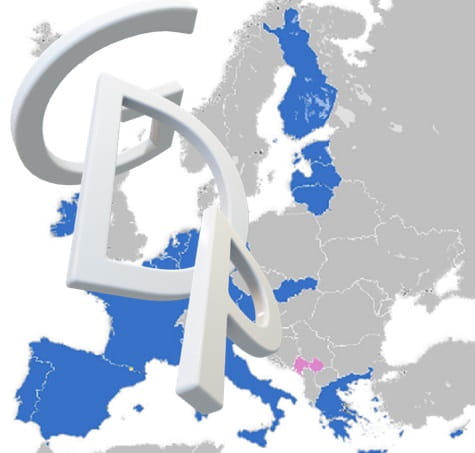Italian compounder Sirmax Group, known for its expertise in polypropylene compounds, engineering plastics, thermoplastic elastomers, recycled polymers, and more recently biocompounds, announced it started building a new compounding factory in India. Biodegradable polymer
It will be the company’s third facility in India upon completion, and its fourteenth global plant. The new facility is being built near Hosur, located in the southern state of Tamil Nadu, and is scheduled to start operations in 2026. Sirmax did not disclose the capacity of the new factory, but it said it is expanding the capacity of its existing Palwal plant, located near India’s largest automotive district, by 15,000 tonnes per year. The Padua-based company said it aims to increase its production capacity in India to over 60,000 tonnes per year, with a total investment of around $10 million.
The operations are part of the group’s strategy to boost its foreign subsidiaries, and in particular to meet increasing demand for thermoplastics compounds in Southeast Asia, it said in a statement. Biodegradable polymer
“At this pivotal moment in history, India stands out as the sole global region experiencing genuine growth,” said Sirmax’s President and CEO Massimo Pavin. “The country has a large domestic market and is an important hub for Southeast Asia.
More…
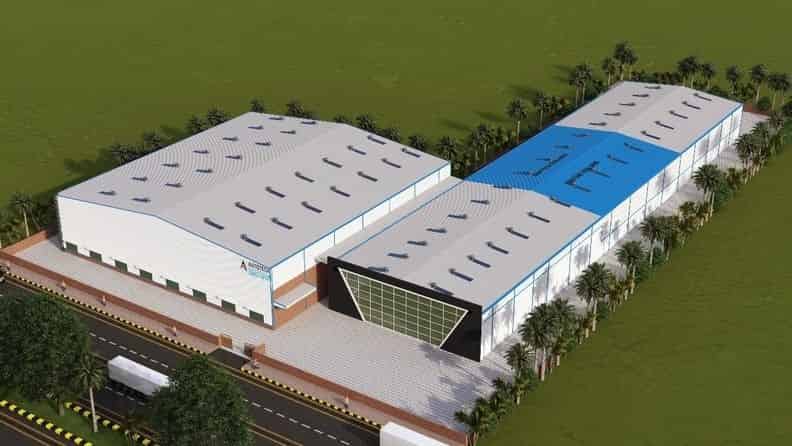
SABIC & CJ CheilJedang collaborate on world-first ready-to-eat rice packaging bowls made with 25% certified renewable PP in Korea
SABIC, a global leader in the chemicals industry, has announced that a food-contact grade of its TRUCIRCLE portfolio of certified renewable polypropylene (PP) resins is used in the production of Hetbahn instant white rice packaging bowls by CJ CheilJedang, a South Korea-based global food company, said the company.
The rigid bowls are the first of their kind using certified renewable PP in a ready-to-eat-rice packaging in Asia Pacific and align with CJ’s strong ‘Nature to Nature’ sustainability roadmap. Biodegradable polymer
Mohammed Al-Zahrani, Vice President of SABIC’s Polypropylene Business, comments: “Food brands around the world are increasingly looking for materials that will help them reduce their carbon footprint without compromising the performance, convenience and food safety of their packaging. We are very pleased about this opportunity to demonstrate SABIC’s vast expertise in sustainable PP resins for rigid food containers. Our certified renewable grade from our TRUCIRCLE portfolio used in CJ’s Hetbahn rice bowls meet the food-contact regulations, and offers the same ease of processing and high end-use quality as competitive all-virgin polymers.”
The Hetbahn brand, which is one of the top brands in cooked rice and now expanding its product portfolio to include porridge, frozen rice, cooked rice with soup etc., was originally launched in 1996 and means freshly harvested and cooked rice and has changed consumers’ perception of Korean rice meal culture. The rice grain is polished in a strict raw material process, cooked the same day and packed in a sterile environment so that the delicious taste of the rice can be preserved. Biodegradable polymer
More…
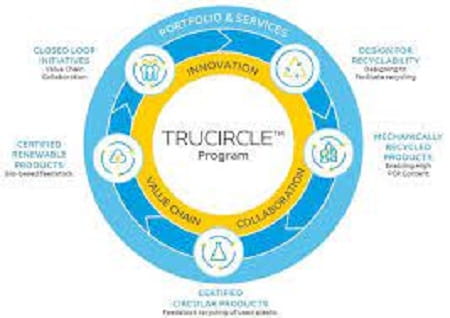
Rathi Group to Install Two R4000-HD Secondary Shredders
Rathi Group has finalised the order for two R4000-HD model secondary shredders from Ahmedabad-based Fornnax Technology
“The two R4000-HD secondary shredders set to double annual capacity for tyre shredding and tyre wire cleaning,” informed Ravi Rathi, Director, Rathi Group.
Fornnax Technology continues to book orders from the domestic and overseas markets for R4000-HD shredders after its global launch at the recently concluded IFAT Expo 2023 in Mumbai.
New lines to double the plant capacity
The new installation will increase tyre shredding and tyre wire cleaning capacities to 150,000 metric tons and 25,000 metric tons, respectively. “Alongside this, there is an expansion in the works for the pyrolysis system, increasing by 40 metric tons per day, which will boost the group’s total pyrolysis capacity to 160 metric tons per day.”
This expansion is a proactive response to the anticipated demand from prospective recovered carbon black (rCB) buyers. Biodegradable polymer
As a result, the company is in the process of establishing dedicated rCB production units specifically for its major customers. Currently, the company’s rCB product, CAPITAL CARBON, is in various stages of trials with leading users in the market.
More…
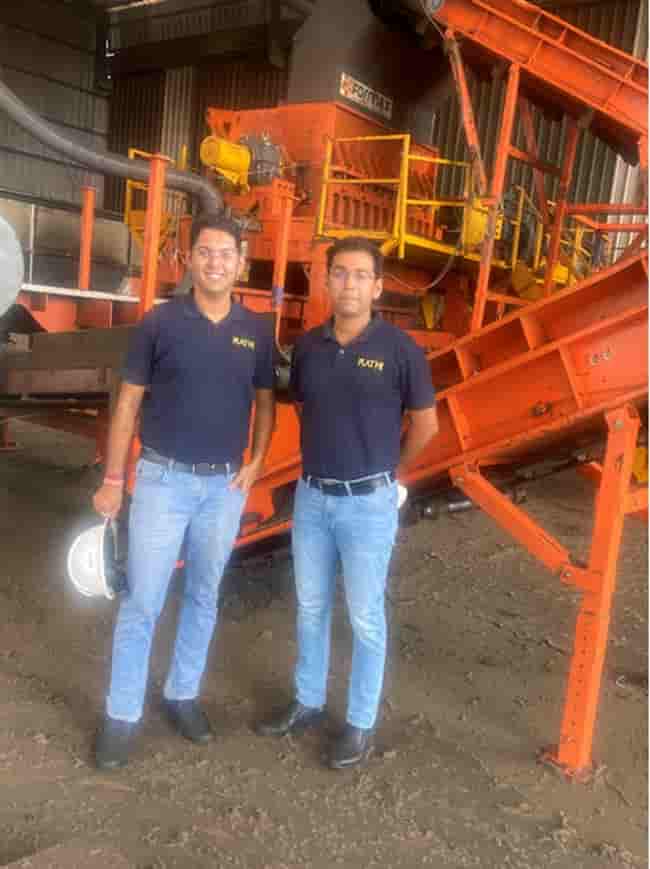
Plastic pyrolysis – How to reduce the product defective rate of PET fiber? 05-12-2023
Biodegradable polymer


